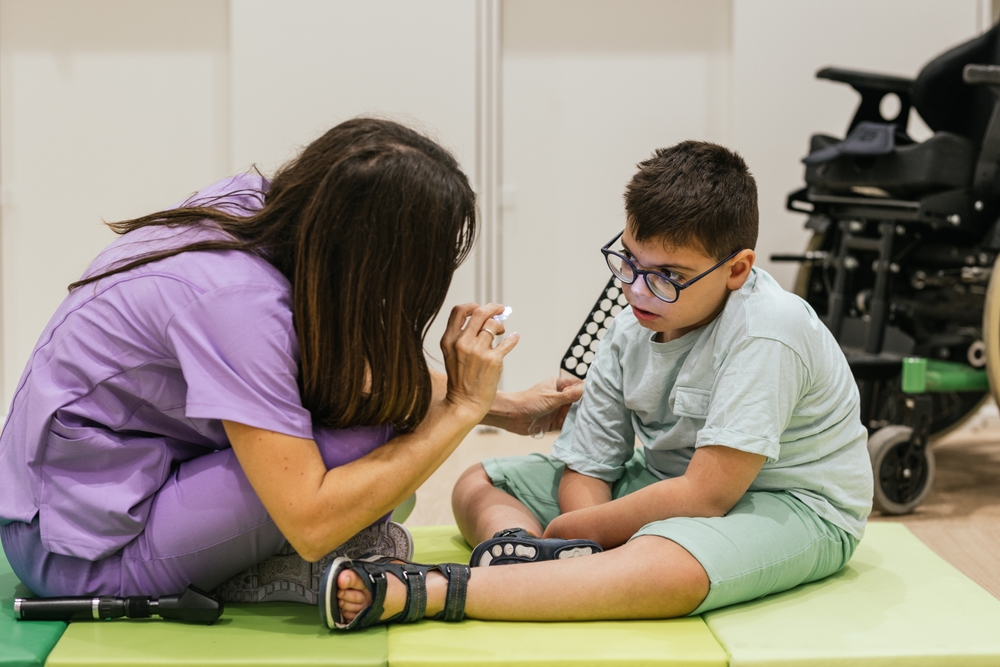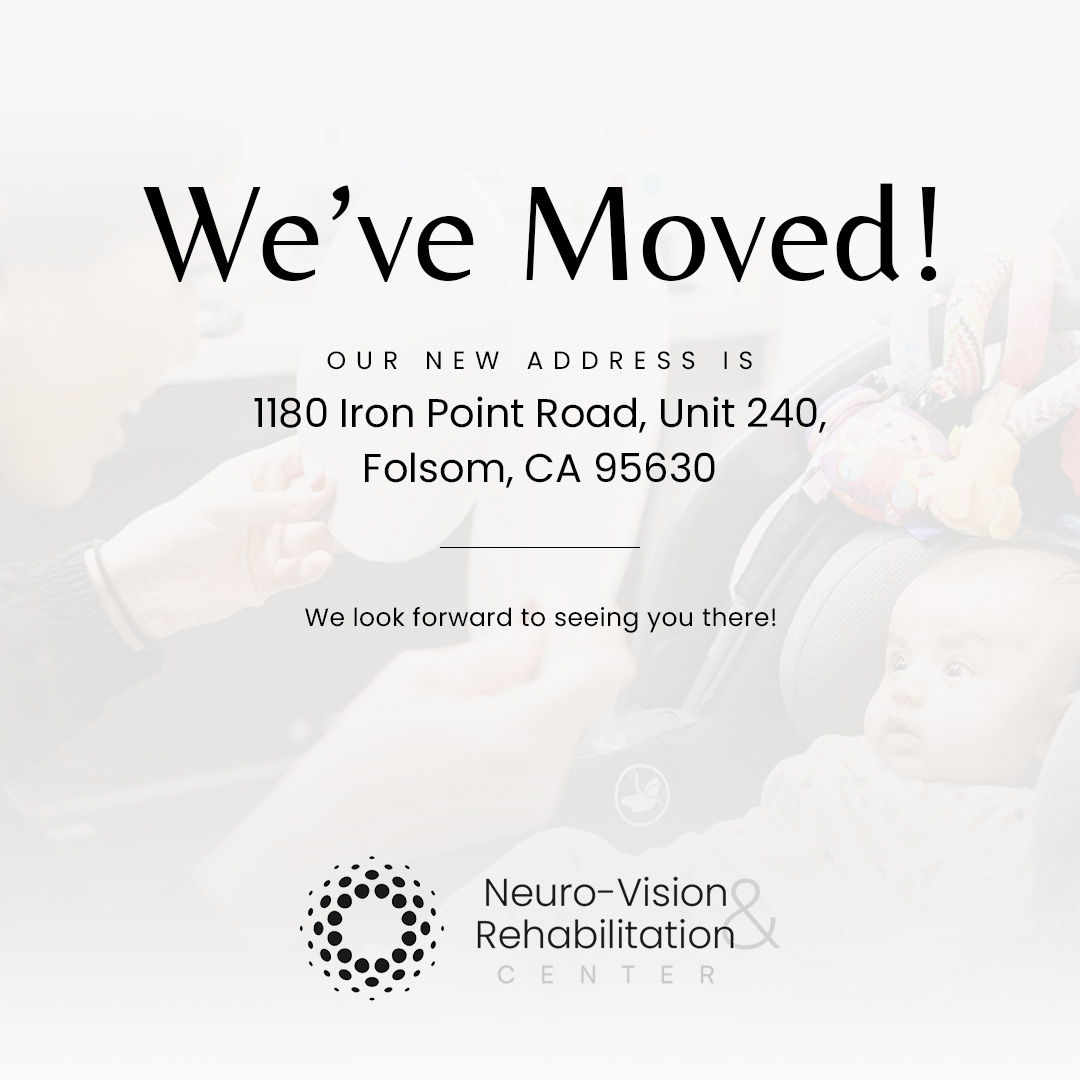
As parents, we’re always attentive to our children's growth and learning, yet certain developmental milestones might not be as obvious—such as vision development. Often, a child's learning and behavior challenges in school or daily activities can stem from unrecognized vision issues. But how can you tell if your child might benefit from a developmental vision exam? Let’s look at some of the most common signs.
Frequent Eye Rubbing or Squinting
Children who rub their eyes often or squint while reading, watching TV, or focusing on objects may be compensating for blurred or double vision. These behaviors can signal underlying visual acuity or focus issues that a standard vision screening might miss.
Difficulty with Reading and Learning
If your child struggles to keep up in reading or experiences headaches and fatigue after short reading sessions, it could indicate a vision problem. Developmental vision issues can affect eye teaming, or the ability to coordinate both eyes together, making reading and comprehension challenging.
Short Attention Span for Close Work
Children with vision problems often lose interest quickly in activities that require close attention, like reading, drawing, or assembling small items. A developmental vision exam can identify if this is due to vision strain or difficulty in maintaining focus on nearby objects.
Tilting the Head or Covering One Eye
Children who tilt their heads or cover one eye while reading or focusing on an object might be compensating for poor eye alignment. This behavior helps them achieve a clearer view and reduce the discomfort from double vision. This could indicate a problem with depth perception or eye coordination that requires a closer look.
Frequent Headaches, Especially After Close Work
Headaches that occur after activities like reading or homework are often related to eye strain. Developmental vision issues cause eyes to work harder to focus, leading to fatigue and discomfort. If headaches are a common complaint, it’s worth investigating if vision is the root cause.
Difficulty with Hand-Eye Coordination Tasks
If your child has trouble with activities like catching a ball, copying from the board, or playing video games, it could stem from underdeveloped hand-eye coordination, often linked to visual processing difficulties. Developmental vision exams can assess how well your child’s eyes and brain work together for these skills.
Skipping Lines or Losing Place While Reading
Losing their place or skipping lines during reading can indicate a tracking issue. Children with developmental vision problems may struggle to move their eyes smoothly along a line of text, making reading a frustrating experience. This difficulty can greatly impact their reading fluency and comprehension.
Behavioral Signs, Like Avoiding Certain Activities
Children are often resilient and may find ways to avoid tasks that are uncomfortable or difficult. If your child actively avoids reading, doing puzzles, or participating in sports, they may be struggling with undiagnosed vision issues.
Why Consider a Developmental Vision Exam?
Unlike regular eye exams that check for eye health and visual acuity, a developmental vision exam is comprehensive and assesses how well your child’s visual system functions in a learning environment. The exam evaluates areas like tracking, focusing, depth perception, and visual processing, which play a crucial role in academic success and daily activities.
Book a Developmental Vision Exam at Neuro-Vision & Rehabilitation Center Today
Neuro-Vision & Rehabilitation Center specializes in assessing and treating developmental vision issues that can affect children’s learning and development. Early intervention can make a significant difference in your child’s confidence, performance, and overall quality of life.
If you recognize any signs that you child might need a developmental vision exam, contact Neuro-Vision & Rehabilitation Center for a consultation at our office in Folsom, California. Call (279) 321-9059 to book an appointment today.












